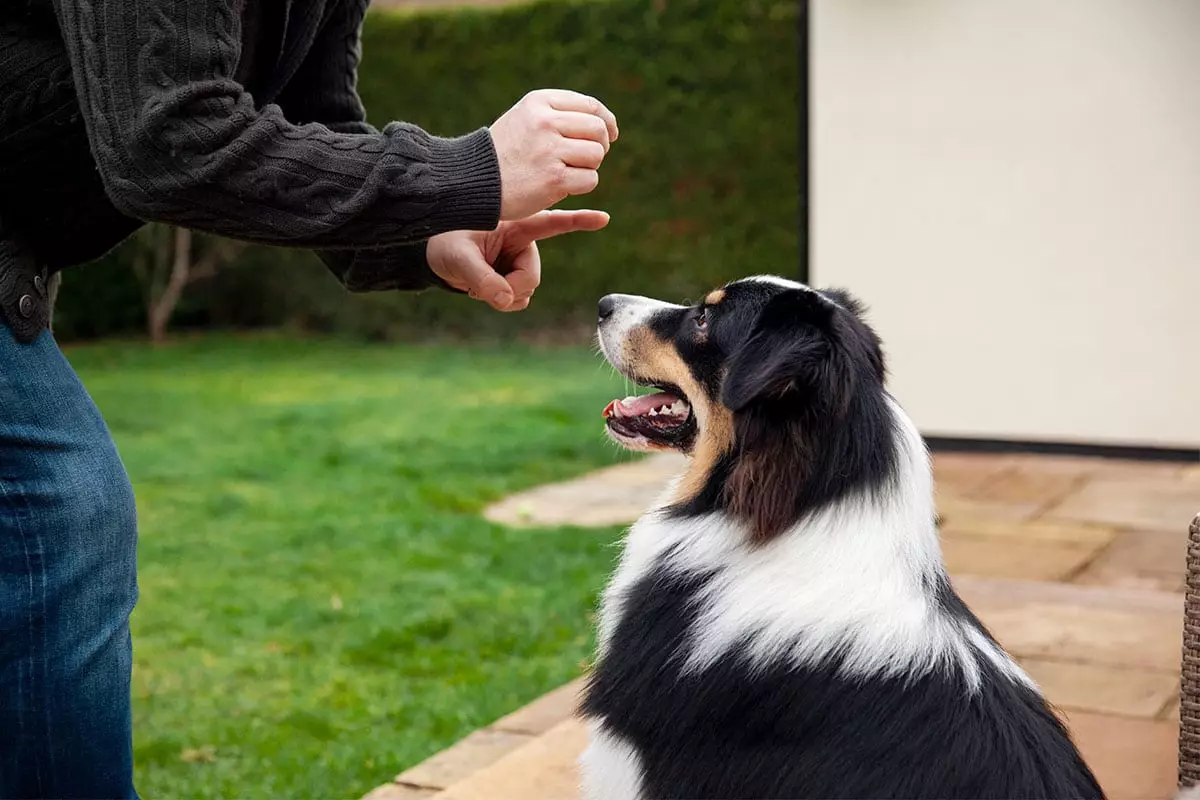Intelligence in dogs is often undervalued in the broader conversation about pet ownership. While many focus on cuteness or loyalty, truly brainy breeds possess an extraordinary capacity to learn, adapt, and enhance the lives they touch. These breeds don’t merely obey commands—they engage with their environment with a remarkable sharpness that transforms routine training into exhilarating mental gymnastics. Far from being overstated, their quick wit elevates them to companions who challenge, inspire, and forge deep bonds through shared mental pursuits.
When you consider a dog’s intelligence, it is essential to appreciate its implications on behavior and relationship dynamics. These breeds are introspective learners, craving mental stimulation as much as, if not more than, physical activity. They thrive on problem-solving, creative exercises, and tasks that challenge their cognitive abilities. It’s not just about teaching tricks—it’s about developing a partnership rooted in mutual respect and understanding, where each new skill deepens your connection with your canine teammate.
Masterminds of the Canine World: The Top Brainy Breeds
Border Collies often top the list of smart dogs, and for a good reason. Their extraordinary ability to process commands swiftly and execute complex routines makes them training legends. With unwavering focus and a boundless work ethic, Border Collies turn obedience into an art form and excel in diverse activities, from herding to agility competitions. Their adaptability ensures that they’re not just obedient but eager collaborators, relishing tasks that challenge their clever minds. Any owner working with a Border Collie quickly recognizes that engagement involves more than commands; it’s about sharing a dynamic, strategic dance.
Similarly, Poodles, with their svelte elegance, boast minds as polished as their appearance. They are quick learners, eager to please, and versatile performers—whether they’re strutted at a show or taught tricks in the backyard. Their intelligence isn’t limited to obedience but encompasses agility and problem-solving, often leading to delightful surprises during training. The reflexive enthusiasm of a Poodle transforms laborious routines into captivating performances that highlight their intellectual agility.
Cocker Spaniels and their expressive eyes demonstrate an innate aptitude for learning, especially in musical or rhythmic routines. Their friendly disposition fuels their quick grasp of new commands, turning mundane sessions into engaging performances filled with personality. Their emotional intelligence is just as impressive, often responding not just to our commands but to our moods, making each training session an emotionally rewarding exchange.
German Shepherds and Belgian Malinois exemplify working breeds with unparalleled focus and agility. German Shepherds are particularly adept because they don’t just learn commands; they understand the purpose behind them. This deeper comprehension allows for a level of obedience that appears almost intuitive. Similarly, Belgian Malinois thrive in high-stimulation environments, excelling at complex tasks that demand quick thinking, precision, and athletic prowess. These breeds demonstrate how intelligence, when harnessed correctly, turns ordinary training into an enriching, shared challenge.
The pint-sized Papillion, despite its delicate appearance, packs a punch in intelligence and agility. It responds swiftly and often with dramatic flair, excited to show off its accomplishments. Miniature Schnauzers, with their sassy personality, demonstrate how intellect combined with spiritedness creates memorable and lively routines. Both breeds teach us that size isn’t a barrier to cognitive prowess; instead, it’s a canvas for creative, spirited training moments.
The Transformative Power of Mental Stimulation
Training these breeds isn’t just about commands and tricks—it’s about stimulating their exceptional minds, which is where the true magic lies. When a dog learns new skills, they are engaging in complex processes that involve memory, problem-solving, and emotional regulation. The faster a dog learns, the more their mental energy is concentrated on constructive outlets rather than destructive behaviors.
Their eagerness to learn has profound implications for pet owners—training becomes less of a chore and more of an enriching dialogue. Dogs with high intelligence crave tasks that challenge their reasoning. If these needs are unmet, they often invent their own fun—sometimes leading to mischief or boredom. Proper mental engagement mitigates these issues, turning the relationship into an ongoing adventure filled with discovery and shared goals.
Furthermore, these breeds’ quick learning capacity often translates into increased confidence. They become more responsive, more reliable, and more eager to please. This elevates the training experience into a mutual journey of mastery and affection. It’s not just about impressing your dog with tricks; it’s about fostering an environment where intelligence is celebrated and emotional bonds are deepened through shared accomplishments.
Reimagining What It Means to Train a Dog
Training these animals calls for a shift in perspective—from seeing the process as mere obedience to perceiving it as mental stimulation and emotional fulfillment. Because these dogs absorb information rapidly, challenges should be variable, creative, and progressively more complex. Otherwise, they risk losing interest or feeling unchallenged, which can lead to behavioral issues.
Owners of highly intelligent breeds must embrace patience and innovation. It’s relevant to recognize that these dogs often excel in tasks that require strategic thinking, such as puzzle games or scent work. Incorporating playful challenges into training routines is not just beneficial but essential to keep their minds engaged and satisfied. These breeds are more than just pets—they’re intellectual partners ready to turn everyday moments into stimulating adventures.
In essence, the intelligence reflected in these breeds isn’t just a skill but a profound trait that shapes their personality, happiness, and your shared bond. When nurtured correctly, it can elevate training from a mundane task into a joyous collaboration. Recognizing and fostering this sharpness unlocks a treasure trove of potential, making your dog not just a pet but a true canine genius.

